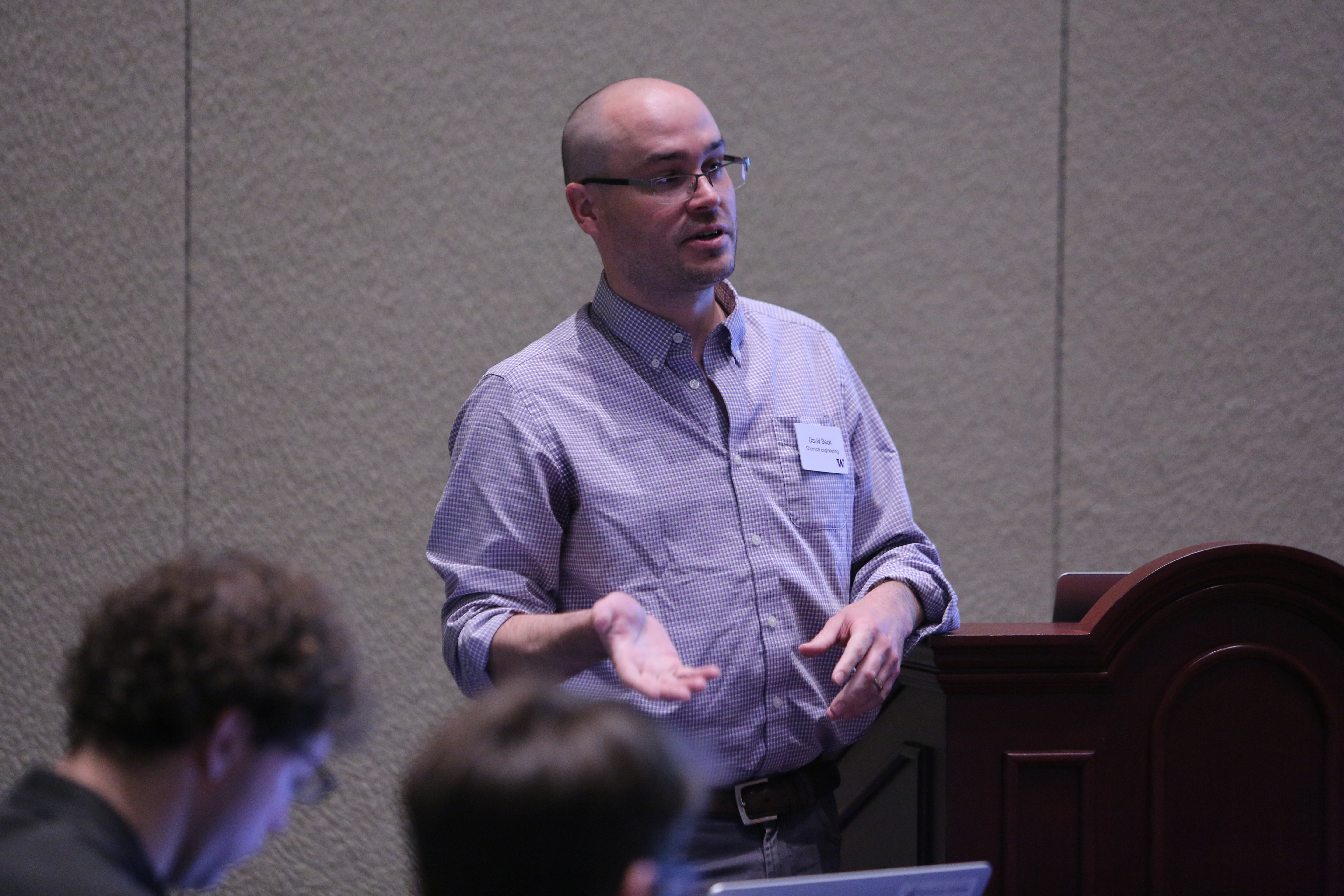UW covers 4 out of the top 10.
Source:
7. Technical editor talks publishing
As part of our ongoing five questions segment, we sat down with Journal of The Electrochemical Society technical editor, Venkat Subramanian, to discuss the evolution of scholarly publishing and the importance of electrochemistry.
“The training of a future workforce of broadly educated engineers and scientists, with strong technical skills will be essential,” Subramanian said in the article. “In this important area of research, electrochemists and electrochemical engineers are needed to play an active role in addressing global challenges.”
9. Benefits in making graded electrodes
In October, “Is There a Benefit in Employing Graded Electrodes for Lithium-Ion Batteries?” was published in the Journal of The Electrochemical Society. The authors of the research further discussed their finding in a post, tackling a controversial topic and introducing a free electrode design tool that they had developed.
10. Successful ECS Data Sciences Hack Day
During the 232nd ECS Meeting, ECS held its first ECS Data Science Hack Day. The event was a foray into building an electrochemical data science and open source community from the ground up.
Matthew Murbach, co-organizer of the event, wrote an article in the wake of Hack Day summarizing what was accomplished and some of the projects that were developed during the time.
15. Mathematical modeling of electrochemical systems
In August, ECS published the Journal of The Electrochemical Society Focus Issue on Mathematical Modeling of Electrochemical Systems at Multiple Scales in Honor of John Newman. All 72 papers published in the issue are available open access in the ECS Digital Library.
